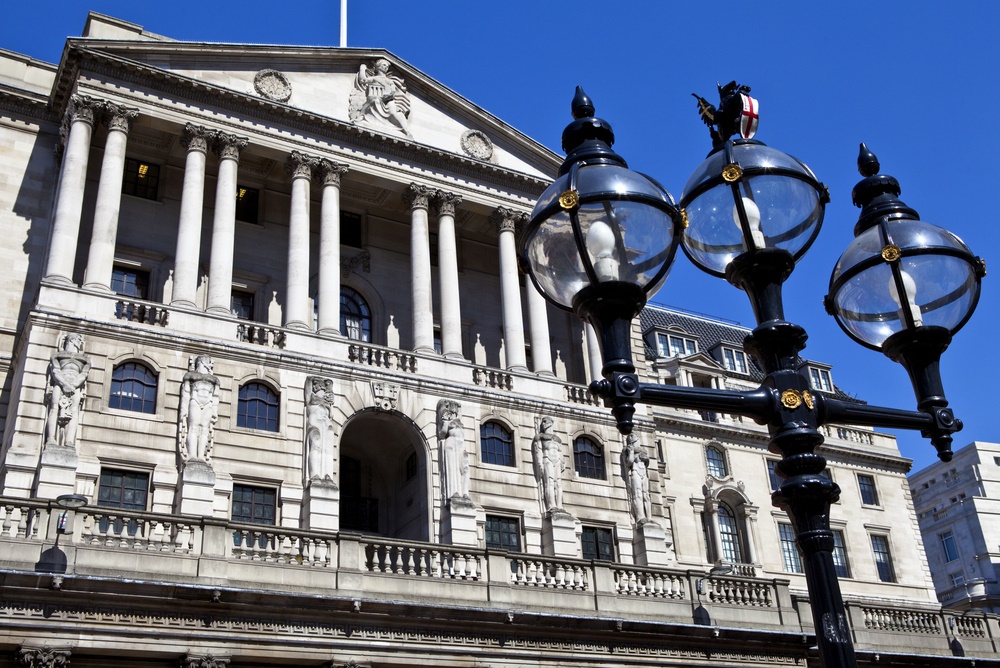

The Bank of England and professional services giant PriceWaterhouseCoopers (PwC) have teamed to help the central bank to produce its first distributed ledger proof of concept as it seeks to work with FinTech firms to solve financial challenges.
The Bank’s accelerator will work by selecting firms to take part in short proof of concept projects (POC), so they can see how new technology will actually work in practice.
As part of that, PwC’s blockchain team will help the Bank’s own technology specialists to produce their first distributed ledger proof of concept.
What does this mean in practice? Well the PwC project will examine the mechanics of a digital currency, including its challenges and opportunities. Participants will join a network in which an online currency can be minted, put into circulation, exchanged or withdrawn instantaneously.
“This is a significant piece of work and PwC are very excited to have been able to support the Bank in developing their first DLT Proof of Concept, which will enable the Bank to gain a better awareness of DL from both a technology and policy perspective,” said Nick Bouch, financial services data leader and partner at PwC.
“This Proof of Concept brought to life the core features of distributed ledgers, greatly enhancing the Bank’s understanding of DLT,” added Rob Elsey, Chief Information Officer for the Bank of England. “With PwC’s support, the Bank’s developers used the latest techniques and software to deliver this POC and have gained further skills that will enable additional rapid Proof of Concepts in the future.”
Blockchain is the underpinning technology for Bitcoin, but it has applications beyond cryptocurrencies.
This is because a blockchain is distributed database that can store complete transaction history of all types of records. This is potentially of interest to businesses, as well as those organisations involved in banking and finance circles.
In May for example Santander announced it would soon be implementing blockchain technology. It said it would use blockchain to allow its customers to transfer money overseas, without needing to wait several days for their payments to be cleared.
Earlier this year the technology received a major show of support from the UK Government after Cabinet Office Minister Matthew Hancock confirmed it was looking in to how the technology could be used to manage and keep track of the distribution of public money, such as grants and student loans.
The Bank of England’s decision to try out a proof of concept using blockchain therefore represents a notable move.
The Bank had last year raised its suspicions about Bitcoin, warning that the digital currency could pose a threat to financial stability in the UK should it see widespread adoption.
What do you know about the Bitcoin bonanza? Take our quiz!
American space agency prepares for testing of Boeing's Starliner, to ensure it has two space…
As UK and Europe develop closer military ties, European Commission says it will invest €1.3…
Zuckerberg seeks to revive Facebook's original spirit, as Meta launches Facebook Friends tab, so users…
Notable development for Meta, after appeal against 2021 WhatsApp privacy fine is backed by advisor…
First sign of shake-up under new CEO Lip-Bu Tan? Three Intel board members confirm they…
Trump's nominee for SEC Chairman, Paul Atkins, has pledged a “rational, coherent, and principled approach”…